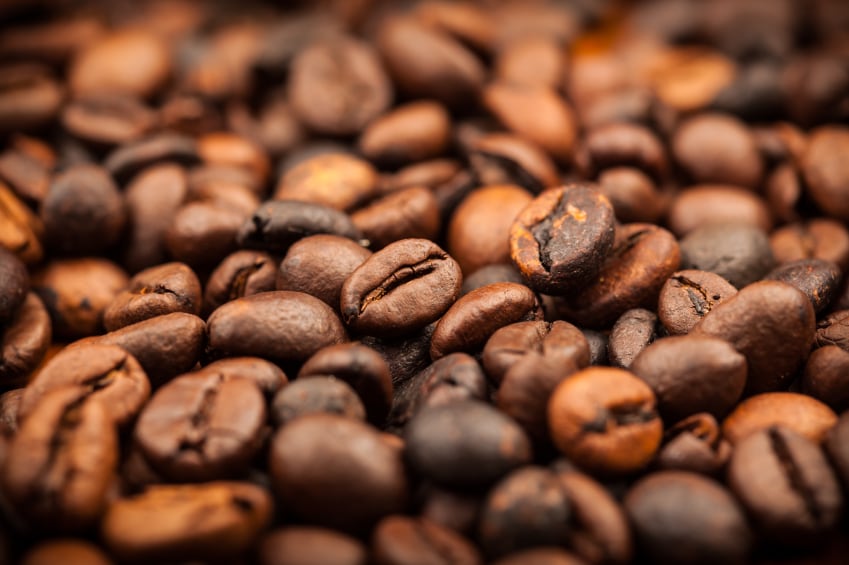In a first for Akkermansia’s use in this way, Belgium researchers find its oral supplementation among human volunteers for three months also reduced marker levels for liver dysfunction and inflammation.
Further findings reveal the overall gut microbiome structure is unaffected with the research team commenting on the trial’s “promising start for the supplementation with A. muciniphila in overweight or obese insulin-resistant individuals”.
“Our data unequivocally show that administration of a daily dose as high as of 1010 cells of A. muciniphila is safe in the longer term,” said the team, led by Clara Depommier and Amandine Everard, from the Université catholique de Louvain.
Expert reaction to the study’s outcomes are equally positive with Dr Simon Cork, lecturer in medical education at King’s College London, pointing out that the study “narrows down the role gut bacteria play to an individual species”.
“Gut bacteria are now believed to play a role in various normal and disease functions, from body weight, to depression and Parkinson’s disease,” he said. “Repeating this in a larger cohort will be required before any major conclusions can be drawn.”
Akkermansia muciniphila has attracted growing interest for its health-promoting effects. In rodents, treatment with A. muciniphila reduces obesity and related disorders, such as glucose intolerance, insulin resistance and gut permeability.
According to the World Health Organisation (WHO), one in three people die every day from cardiovascular disease worldwide. In Western countries, one in two people is overweight and has increased cardiovascular risks.
A. muciniphila obesity link
The UCLouvain researchers administered Akkermansia to overweight or obese volunteers, all displaying insulin resistance (pre-diabetes type 2) and metabolic syndrome.
The volunteers were randomly divided into three groups (placebo, live bacteria and pasteurised bacteria) and were asked not to change their dietary habits or their physical activity.
Akkermansia was provided as a nutritional supplement with those in the live bacteria group receiving live A. muciniphila (1010 bacteria per day) and those in the pasteurised group receiving pasteurised A. muciniphila (1010 bacteria per day) as a supplement for three months.
The team found that compared to placebo, pasteurised A. muciniphila improved insulin sensitivity, reduced insulinemia (high blood insulin) and plasma total cholesterol.
Additional findings revealed pasteurised A. muciniphila supplementation slightly decreased body weight (2.3 kilograms (kg) on average) compared to the placebo group, and fat mass and hip circumference compared to baseline.
After three months of supplementation, A. muciniphila reduced the levels of the relevant blood markers for liver dysfunction and inflammation while the overall gut microbiome structure was unaffected.
Expert reaction to study
Ana Valdes, associate professor and reader in musculoskeletal genetics at the University of Nottingham, adds her thoughts to the study’s findings saying, “If the beneficial effects on hepatic function or insulin resistance can be replicated and shown in a more consistent way then it may have important health implications.
She notes that there are extensive studies showing dietary benefits for reducing insulin resistance using dietary fibre, which targets the gut microbiomes and using other probiotics.
“In that sense the study adds to the body of evidence of the benefit of targeting the gut microbiome to tackle metabolic syndrome.
“Also the study did not find significant differences in gut microbiome composition from supplementing Akkermansia to participants.
“That suggests that the effects may be due to changes in metabolite production by the microbiome or pathways present (which would require metagenome characterisation of the samples).”
Source: Nature Medicine
Published online: DOI: 10.1038/s41591-019-0495-2
“Supplementation with Akkermansia muciniphila in overweight and obese human volunteers: a proof-of-concept exploratory study.”
Authors: Clara Depommier et al




